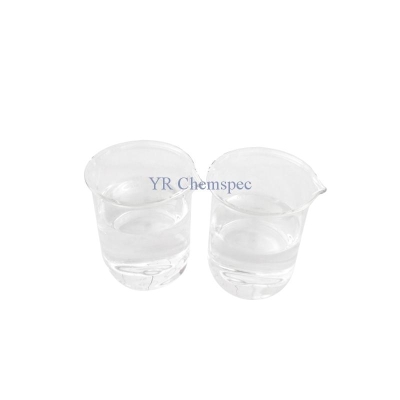-
Categories
-
Pharmaceutical Intermediates
-
Active Pharmaceutical Ingredients
-
Food Additives
- Industrial Coatings
- Agrochemicals
- Dyes and Pigments
- Surfactant
- Flavors and Fragrances
- Chemical Reagents
- Catalyst and Auxiliary
- Natural Products
- Inorganic Chemistry
-
Organic Chemistry
-
Biochemical Engineering
- Analytical Chemistry
- Cosmetic Ingredient
-
Pharmaceutical Intermediates
Promotion
ECHEMI Mall
Wholesale
Weekly Price
Exhibition
News
-
Trade Service
Recently, Professor Zhou Zhen of the School of Materials Science and Engineering of Nankai University led a team to make a breakthrough in the research of anode materials for room-temperature sodium-ion batteries, preparing new carbon materials co-doped with nitrogen and sulfur and calculating their mechanism of action, and the relevant research results were published in
the top journal "Advanced Materials" in the field of materials science.
With the rapid development of portable mobile electronic devices and electric vehicles, the continuous consumption of lithium raw materials has led to its rising price
.
The excessive cost of raw materials greatly reduces the feasibility of developing large-scale energy storage equipment, and it is of great significance
to explore new energy storage technologies.
Compared with other energy storage devices, room temperature sodium-ion batteries have become a research hotspot and difficulty in the field of energy storage due to many advantages such as abundant sodium resources, low cost, high energy conversion efficiency and long cycle life
.
The development of electrode materials with low cost and excellent electrochemical performance is one of the key factors to realize the practical application of
room temperature sodium-ion batteries.
Recently, Professor Zhou Zhen of the School of Materials Science and Engineering of Nankai University led a team to make a breakthrough in the research of anode materials for room-temperature sodium-ion batteries, preparing new carbon materials co-doped with nitrogen and sulfur and calculating their mechanism of action, and the relevant research results were published in
the top journal "Advanced Materials" in the field of materials science.
With the rapid development of portable mobile electronic devices and electric vehicles, the continuous consumption of lithium raw materials has led to its rising price
.
The excessive cost of raw materials greatly reduces the feasibility of developing large-scale energy storage equipment, and it is of great significance
to explore new energy storage technologies.
Compared with other energy storage devices, room temperature sodium-ion batteries have become a research hotspot and difficulty in the field of energy storage due to many advantages such as abundant sodium resources, low cost, high energy conversion efficiency and long cycle life
.
The development of electrode materials with low cost and excellent electrochemical performance is one of the key factors to realize the practical application of
room temperature sodium-ion batteries.






